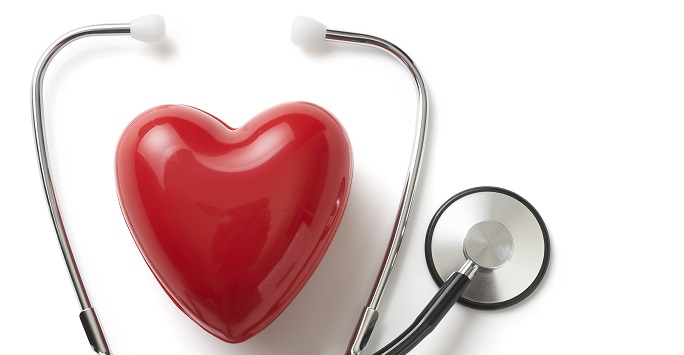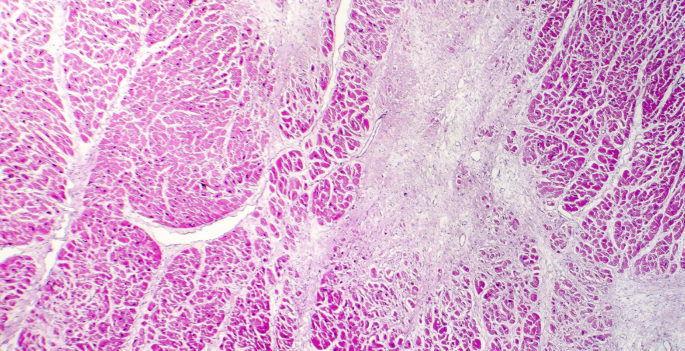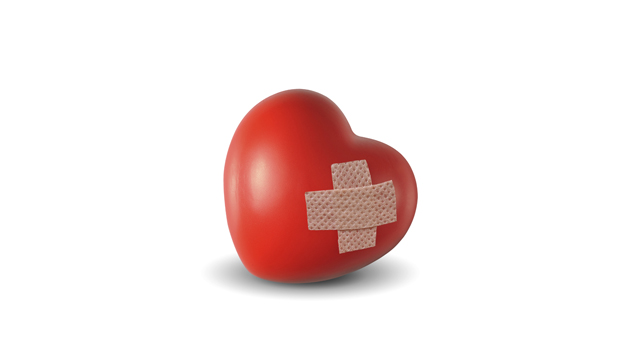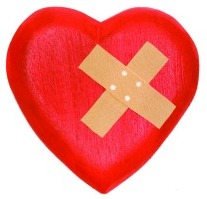Myocardial Infarction
-

Polymer protection for heart muscle
Vanderbilt researchers demonstrate that the polymer P188 has promise as a therapy to prevent reperfusion injury — the cellular damage that occurs when blood flow returns after an ischemic event like a heart attack. Read MoreDec 14, 2020
-

Less inflammation = better healing
Immune cells that produce an anti-inflammatory factor are enriched in fat tissue around the heart and may be good targets to improve heart attack outcomes. Read MoreOct 17, 2019
-

Antibody “road block” enables fine-tuning for cardiac recovery, decreases risk of heart failure
A new study published by Vanderbilt mechanobiology researchers details a possible solution for fine-tuning inflammation and cellular activity in cardiac recovery – thanks to an antibody initially developed for rheumatoid arthritis. Read MoreSep 19, 2019
-

Going after the ‘heart attack gremlin’
A protein called Gremlin 2 controls the extent of inflammation after heart attack and may be a good therapeutic target. Read MoreSep 8, 2016
-

Delivering cells for heart repair
A polymer hydrogel material developed by Vanderbilt scientists improved the delivery of stem cells for heart repair. Read MoreJul 10, 2015
-

Reducing fatal rhythms after heart attack
Reducing heart muscle response to calcium could decrease the risk of fatal arrhythmias after heart attacks. Read MoreJul 26, 2013
-

Fishing for heart attack repair tools
Managing myocardial infarction – and the resulting heart failure – remains a clinical challenge. To search for chemicals that can stimulate cardiac muscle cell production, Vanderbilt Institute of Chemical Biology investigators led by Tao Zhong, Ph.D., Terri Ni, Ph.D., and Eric Rellinger, M.D., turned to a novel drug discovery tool:… Read MoreJan 5, 2012
-

Heart attack repair kit
A certain signaling pathway could be key to improving cardiac repair after a heart attack. Read MoreAug 16, 2011